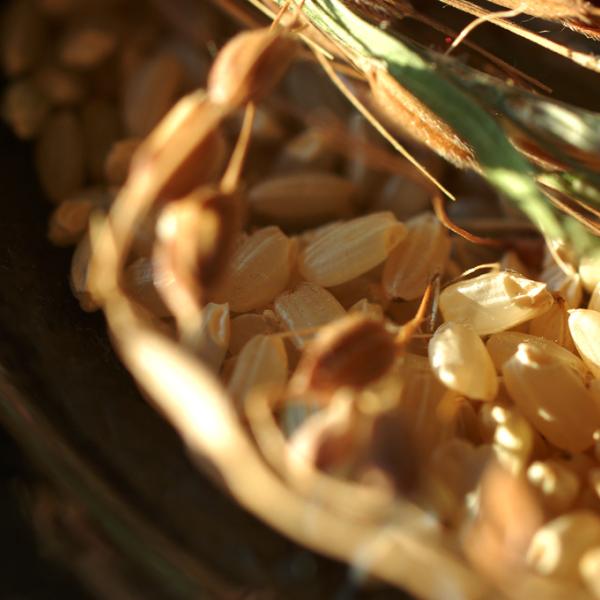Biology Major
As a biology major, you will study the vital processes of all organisms and the environments in which they flourish. Biologists study living things at levels ranging from interactions among whole populations of organisms to the molecular mechanisms of cellular chemistry.
sample courses:
Regeneration is a very complex, post-embryonic developmental phenomenon, where organisms replace lost body parts and organs upon injury. However, we still know very little about why some animals are so successful at regenerating whole bodies and organs, while other animals (like humans) have limited or no capacity to do so. This course covers regeneration and stem cell biology across different levels of biological organization (e.g. cell, organ, limb regeneration.) and across the animal phylogeny. Students learn about mechanisms of regeneration at the cellular and molecular level, and how these mechanisms vary among organisms. In addition to the general principles of stem cells and regenerative biology, the course will be a good introduction to animal diversity and evolutionary developmental biology (evo-devo). Students will read and discuss primary literature, and write up their own experimental design to test hypotheses.
Eukaryotic cell structure and function viewed from the perspective of modern cell biology. Lectures cover such topics as membrane transport, endocytosis and secretion, intracellular trafficking, hormones and signal transduction, extracellular matrix and tissue formation, cytoskeleton and motility, cell cycle, apoptosis, and the cellular basis of disease.
our students have gone on to become:
Biochemists
Criminologists
Ecologists
Genetic Engineers
Healthcare Administrators
Oceanographers
Pharmacists
Physical Therapists
Physicians
Scientific Editors/Writers
Teachers/Professors
Veterinarians

